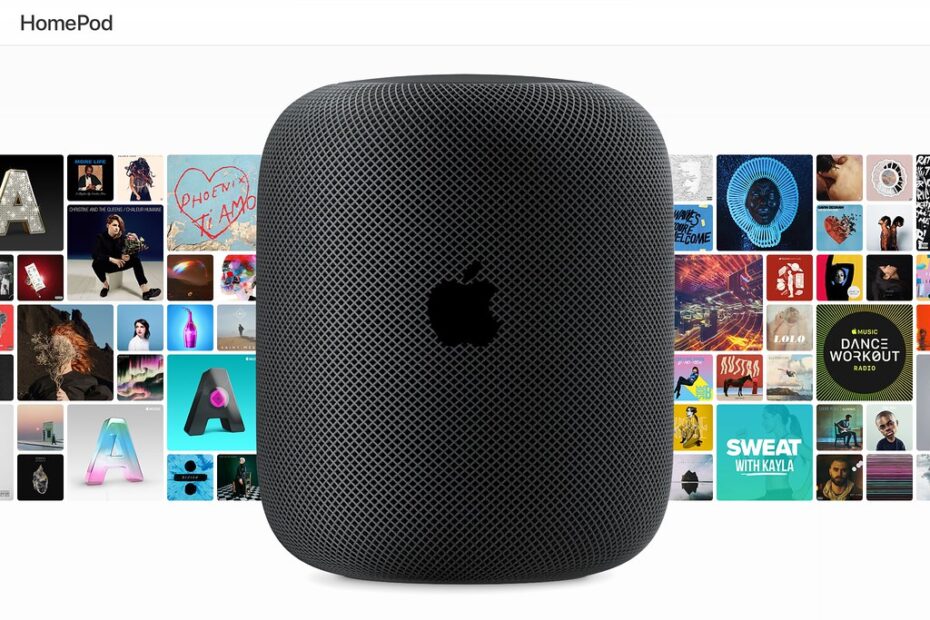Apple smart technology is more than just another software reveal — Apple’s WWDC 2025 is a signal of where smart ecosystems are heading. With major announcements around iOS 19, macOS 16, and delayed Siri upgrades finally seeing the light, this year’s WWDC is a blueprint for the evolution of apple smart technology.
A New Era in Apple Smart Technology
At the core of Apple’s keynote was a focus on ecosystem cohesion. iOS 19, iPadOS 19, and macOS 16 are getting a shared design language, bringing them closer than ever. This cohesive redesign borrows aesthetics from visionOS — Apple’s spatial computing interface — introducing translucency, layered elements, and more app-centric layouts.
Why does this matter for apple smart technology? Because seamless transitions across devices is now table stakes. The redesigns are paving the way for smarter cross-platform interactions. You can start a task on your Mac, continue it on your iPhone, and finish it on your Vision Pro — with zero friction.

Siri’s Long-Awaited Upgrade
One of the biggest letdowns of last year’s WWDC was the promise of an AI-enhanced Siri that never arrived. Apple has now confirmed those features will start rolling out with iOS 19. Expect Siri to gain true contextual awareness — understanding what’s on your screen, your schedule, and preferences to deliver intelligent prompts and suggestions.
This puts apple smart technology back in the spotlight, especially as rivals like Google Assistant and Samsung’s Bixby have been charging ahead with their own smart upgrades.
Apple Intelligence: Still a Work in Progress
Despite a rocky rollout, Apple Intelligence isn’t going away. WWDC 2025 reiterated that it’s a long-term project. No flashy launches — just incremental improvements. Apple emphasized user privacy, announcing on-device AI processing for most Siri tasks. This privacy-first approach is becoming a cornerstone of apple smart technology, differentiating Apple from competitors who rely heavily on cloud data.
A Glimpse at What’s Next
While hardware wasn’t the main focus, rumors of a new smart display and second-gen AirTags fueled buzz. What’s clear is that Apple is preparing to expand its smart ecosystem — not just with phones and laptops, but with household tech, wearables, and AI-driven experiences.
From personalized automation to enhanced app interactivity, apple smart technology is evolving into something far more integrated and intuitive. WWDC 2025 made it clear: Apple wants to own the space where hardware, software, and intelligence converge.

Developer Tools and Innovations
For developers, Apple is also launching enhanced APIs and new frameworks to support multitasking and intelligent automation. With Swift updates and Xcode improvements, creating smarter, faster apps becomes more accessible than ever. This fuels the next wave of apps that will define apple smart technology over the coming decade.
Competitive Landscape
The smart tech space is heating up. Google, Samsung, and Microsoft are advancing their own ecosystems. But Apple’s strength lies in its tight hardware-software integration. With apple smart technology, users enjoy a consistent, seamless experience — something competitors often struggle to replicate. WWDC 2025 underlined how Apple plans to stay ahead: by focusing on privacy, design, and user-centric innovation.

Consumer Benefits and Ecosystem Value
For everyday users, these changes aren’t just flashy updates — they represent time saved, tasks automated, and more secure, personalized experiences. Whether it’s the smart control of home devices or the ability to summarize emails with AI, apple smart technology is poised to become more embedded in our daily routines.
Final Thoughts
Whether it’s the redesigned interface, smarter Siri, or a greater push toward privacy-first AI, Apple’s announcements this year are shaping the future. The journey to a truly intelligent, connected lifestyle is unfolding — and Apple wants to lead the charge.
For more updates on innovations, launches, and deep tech dives, visit Geekyfest. It’s your ultimate destination for everything in the world of apple smart technology and beyond.
FAQs
What is the main focus of WWDC 2025?
WWDC 2025 centered around the evolution of apple smart technology, with major updates to iOS 19, iPadOS 19, and macOS 16, plus long-awaited enhancements to Siri and improvements in privacy-focused Apple Intelligence features.
How is iOS 19 different from previous versions?
iOS 19 introduces a redesigned interface inspired by visionOS, including translucent elements, layered UI, and better cross-device interaction. It enables smoother transitions between Apple devices for a seamless user experience.
What’s new with Siri in 2025?
Siri is finally getting its AI-powered upgrade with contextual awareness. This means Siri can now better understand your screen activity, schedule, and preferences to offer smarter suggestions and actions.
What is Apple Intelligence, and is it available now?
Apple Intelligence is Apple’s privacy-first approach to AI. It’s still in progress, but WWDC 2025 confirmed more features will rely on on-device AI processing, ensuring your data stays private and secure.
Are there any new Apple hardware announcements?
While WWDC 2025 didn’t focus on hardware, there were hints of upcoming releases such as a new smart display and second-generation AirTags, signaling expansion in Apple’s smart home ecosystem.
How does Apple plan to stay ahead of Google and Samsung?
Apple’s strength lies in its tight hardware-software integration and privacy-first AI. By focusing on seamless user experience, privacy, and intuitive design, Apple continues to differentiate itself from competitors.
What changes are coming for developers?
Apple introduced new APIs, Swift updates, and enhanced frameworks to support multitasking and automation. These tools will help developers create smarter, faster apps for the evolving Apple ecosystem.
Why is ecosystem cohesion so important in Apple’s updates?
Apple is aligning its software platforms—iOS, iPadOS, macOS—with a unified design and interaction model. This ecosystem cohesion ensures users can move between devices effortlessly, increasing productivity and convenience.
How does apple smart technology benefit everyday users?
From intelligent automation and AI-powered suggestions to enhanced privacy and device interoperability, apple smart technology is designed to simplify daily tasks and offer a more personalized tech experience.


